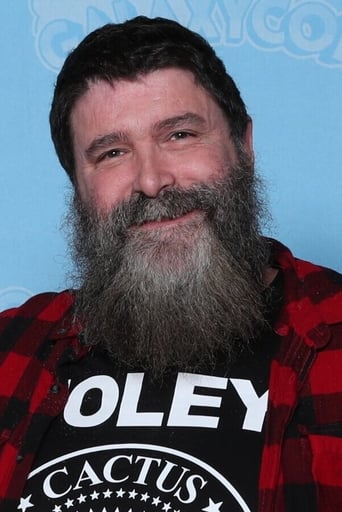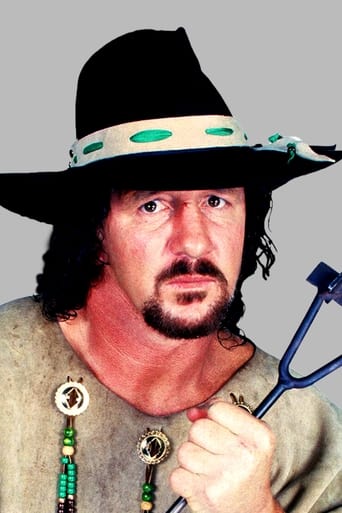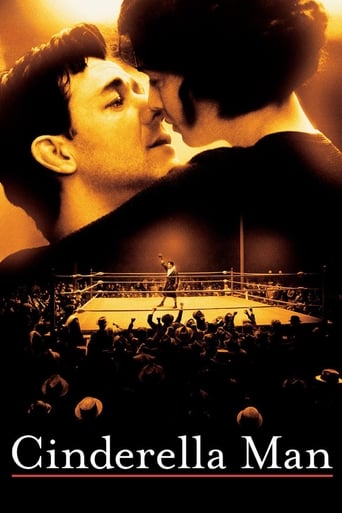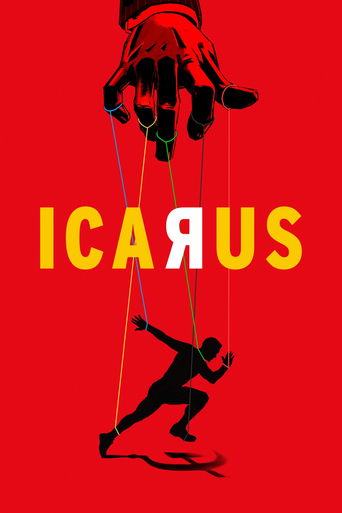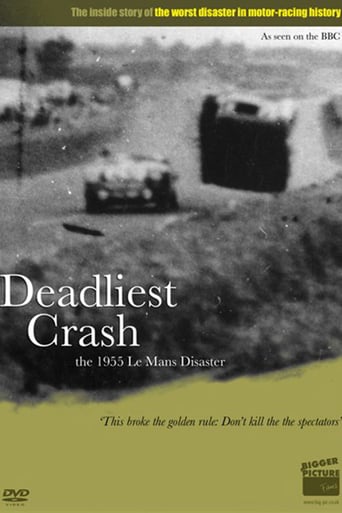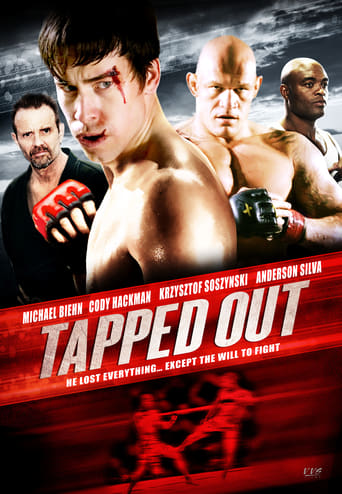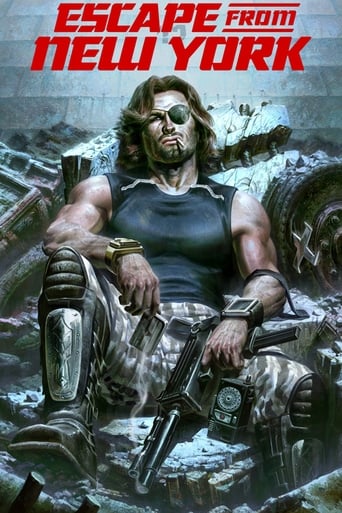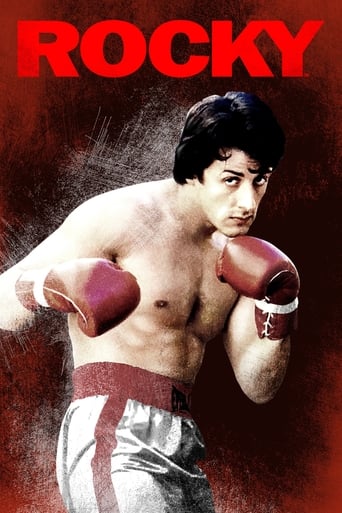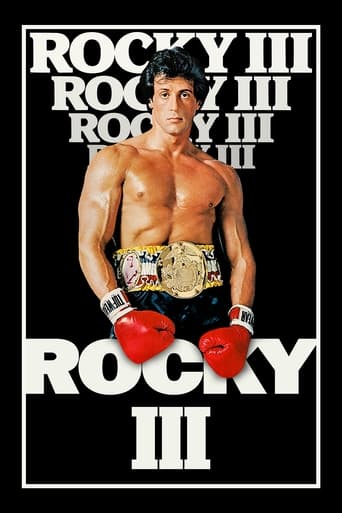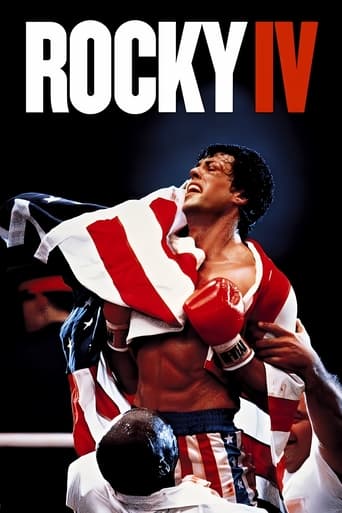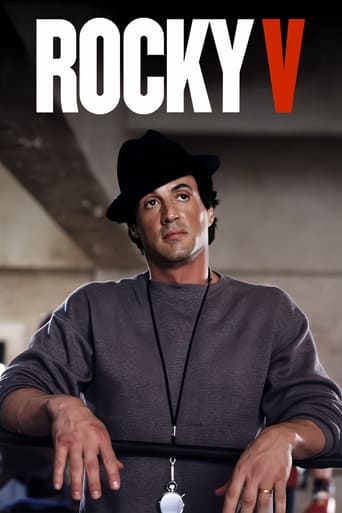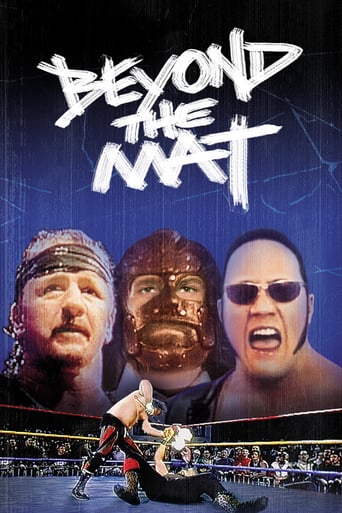
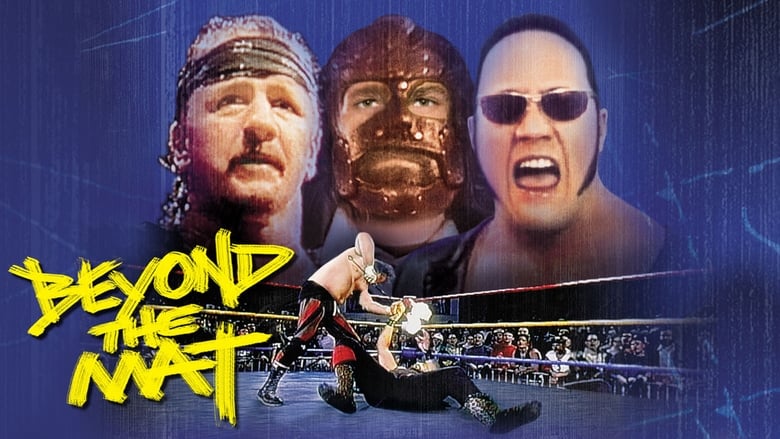
Beyond the Mat (1999)
Beyond the Mat is a 1999 professional wrestling documentary, directed by Barry W. Blaustein. The movie focuses on the lives of professional wrestlers outside of the ring, especially Mick Foley, Terry Funk, and Jake Roberts. The film heavily focuses on the World Wrestling Federation (WWF), often criticizing it and its chairman Vince McMahon. It also follows Extreme Championship Wrestling, it's rise in popularity, and many other independent wrestlers and organisations.
Watch Trailer
Cast


Similar titles
Reviews
This movie still holds up. I've been on a kick of wrestling films and wanted to see what I thought of this one again. love the insight and the stories of Foley, The rock and of course Vince. I don't think they've ever made a film quite like this before. There is quite a lot of ugly in it - and I can see why most people think the world is a dark place. Regardless of this, it's a piece of wrestling history and it's important it was captured. Nice to see where everyone is now after almost 20 years later!! WWE is still going strong and there is just something in this sport that keeps on giving. I also get quite emotionally during some of the scenes with Foly and Jake -- not easy to watch and borders on exploitative, but again I think it's the time period it was made. Wonder what they would get now..
One of the oldest filmic clichés is that there's nothing sadder than an old boxer, a washed up pug. To that I might state that only an old wrestler is sadder. After all, wrestling is not a true sport- it's a violent theatrical production, and there is not much at stake for the viewers. As for the wrestlers, themselves .that's where this documentary from 2000 comes in. Directed by first time auteur Barry Blaustein it chronicles the re-rise of pro wrestling to prominence in the late 1990s- the era that saw Stone Cold Steve Austin, The Rock, and Cactus Jack become celebrities of a greater nature than any of their forebears, like Killer Kowalski, Dusty Rhodes, Bruno Sammartino, or Hulk Hogan. The film starts off as an exploration of the men behind the 'names', yet it makes a mistake right off the bat, by billing itself as an exposé of the sport, a film that 'Vince McMahon doesn't want you to see'. McMahon, to those in the know, is the owner of the largest wrestling league in the nation- the WWE, then the WWF, but there's little in the film to suggest that this is a tell-all. There are some wrestlers with gripes, and we see tales of failed lives, and failed wrestling circuits, like the ECW and WCW (long since bought out by the WWE), and McMahon's league certainly has a history of dealing in drugs (steroids, etc.- as the aforementioned Hogan testified against him in a highly publicized trial in the early 90s), as well as being shamefully anti-union, and not caring of its performers (not long after the film's release one of its wrestlers- Owen Hart, of a well-known wrestling clan- was killed in a spectacular fashion while performing, and the film acknowledges that one of its minor characters, Droz, was paralyzed not long after the film was completed), but all of this is public knowledge, and old news.What works, though is the portrait of the biz the film portrays, and the three main wrestlers whose lives it follows . The film has its moments of poignancy and insight, but they are too few and far between. A more pristine and jaded eye would have been necessary, and a more ballsy approach to the subject matter, to gain a following outside the 'choir' of pro wrestling. Still, since I go to those pews, every few years, I think it's a must see for any wrestling fan. The game has changed much during the decades, yet, in a sense, it hasn't changed at all. Whether good or bad is the crux, and what this film passes on.
You've got to wonder about wrestlers. They're always on the road, they're always carrying knocks and injuries, they don't get paid much (except the few at the absolute top), they get no respect from the public at large, they don't actually compete in the legitimate sense of the word and the vast majority of them are quickly forgotten. Yet nearly all of the wrestlers in Beyond the Mat continue to seek the spotlight. Why? I guess Terry Funk sums it up best: "It's fun."However, it's a strange type of fun. After all, I'm not sure that most people would class being hit over the head with steel chairs as 'fun'. Nor would most people relish the thought of being thrown off a steel cage. But as the film points out, wrestlers are hardly normal. At the same time, though, they're still people. They have the same problems as all of us. It's just that they earn their living by running around in spandex and by beating the crap out of one another.Of all the different strands in Beyond the Mat, I like the Terry Funk section the most. It just shows how bizarre wrestling is. Here you have a man in his fifties who has degenerative arthritis and who wakes up in the morning, like many old men, in his y-fronts. Yet in the ring he's a bloodthirsty maniac. But at the same time he's a loving father who cries at his daughter's wedding and he has an excellent rapport with the man who he has his most brutal matches with. As dim-witted as wrestling is, nothing out of the ring is simple.And the Funk section illustrates the problem that most wrestler face: they can't give up the spotlight. I mean, just take one of Funk's friends, Dennis Stamp. He hasn't wrestled in years but he still trains (by jumping up and down on a trampoline in his underwear) in the vain hope of getting another match. And when he's finally made the referee in Funk's 'retirement' match, he's beside himself with excitement at the prospect of being part of the main event. It seems like when you don't get paid much, when you're forced to do lousy jobs and when no one really knows who you are, the only compensation for such a depressing existence is a few cheers.But although the film touches upon the dark side of wrestling, it's quite touching seeing Funk trying to persuade his friend Stamp to be part of his match. The man may be vicious in the ring, but outside it he's warm-hearted. And I like the way that when he persuades his friend to be part of his match, and when he walks away, he nearly trips over. Despite everything, he's just a lovable old guy. However, I also like the scene because Stamp is such a fool. He's so desperate to be someone and so desperate to be recognised, that he cuts a promo when he's explaining why he can't make the event ("I'm not booked!). It's as if reality and wrestling are blurred. He can't tell them apart.Another wrestler who's been messed up by the business is Jake Roberts. He doesn't get on with his daughter and he's forced to pay for his drug habit by wrestling in fourth-rate events in backwater towns. He's even filmed urinating into a bucket and then falling asleep backstage. It really does give a depressing picture of what it is to be a professional wrestler your existence revolves around the road, run down hotels and small towns. No wonder so many of them are screwed up. But Roberts has even more reason to be screwed up than most. He's the product of a rape and his sister was kidnapped and murdered. And he has a terrible relationship with his father. They can barely look at one another. There's no connection there at all. And it's quite shocking hearing Roberts describe how he gave up his dreams just to shove wrestling down his father's throat (his dad was a wrestler and Robert's resolved to be better than him). Suddenly you can see why Robert's created such a compelling character. He was just drawing on his own life. Again reality and wrestling is blurred.Perhaps the only one in the film that has a decent handle on things is Mick Foley. He has a clear plan (he wants to retire by the age of 35) and he has a solid family to support him. Somehow you know that he's going to be fine. Not that there aren't a few bumps on the way. In one scene he's forced to watch footage of his wife and kids screaming when he's repeatedly hit over the head with a steel chair. It's a real wake-up call. I mean, as entertaining as it is for sadistic bastards like myself, you just can't make you family endure that time after time. But it's his family that will keep Foley on the straight and narrow. However, for the other wrestlers who don't have stable personal lives, they'll have to seek love in cheers and applause. It seems like wrestling is a drug that most wrestlers can't crack.Not that a few don't try. There's an amusing scene when a wrestler called New Jack, who has four justifiable homicides, auditions for a Hollywood casting agent. The people there are slimy beyond belief. They make the carnies in wrestling look honest in comparison.But why the film succeeds so emphatically is because everything is just presented as it is. No judgements are made and nobody is looked down upon. Yeah, wrestling may be something on the fringes of society, but the film shows that as weird as it is, the people aren't really that weird after all. They're just people with the same problems we all have.
Yes, that's the title to the second Mick Foley book, but it also does a good job of summarizing this wonderful documentary. This movie shows wrestling for the dangerous and addictive sport it is and that people seem to forget because the endings are predetermined. If you can watch the scenes where Foley is repeatedly hit in the head in front of his wife with a chair and then try and talk about how fake the sport is. Look at the life of Jake Roberts and say that there isn't something inherently messed up. Though it depicts horrible acts of violence and drug use, but this movie is more shocking in the damage people in this sport do to themselves in pursuit of this "fake" sport with so little respect for themselves. A chilling and wonderful documentary.


